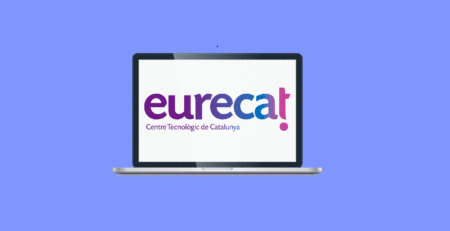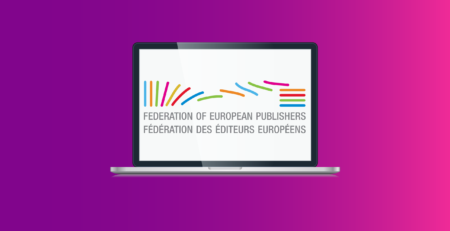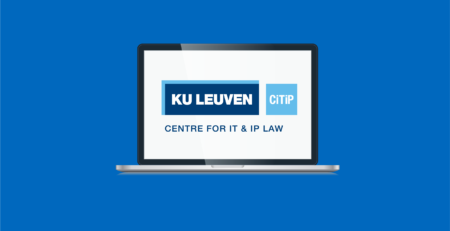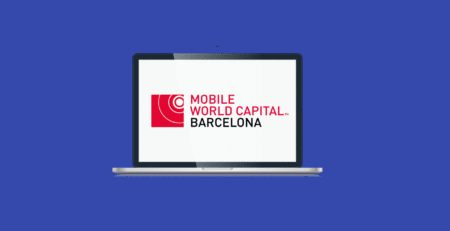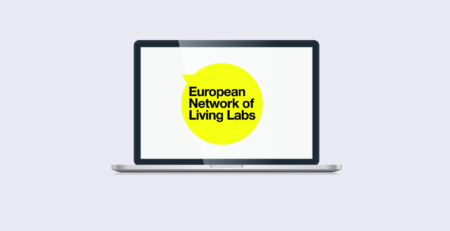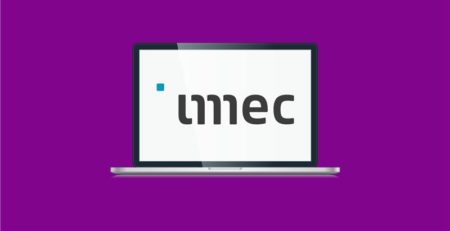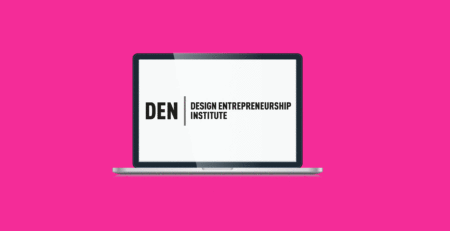Meet our partners: Kunstkraftwerk Leipzig
Prof. Dr. med. Markus Loeffler is a Full Professor and Director of the Institute of Medical Informatics, Statistics and Epidemiology Leipzig. He is a Founder of Kunstkraftwerk venue.
Kunstkraftwerk Leipzig is the first Museum in Germany entirely dedicated to multimedia arts and digital experiences.
What is specifically your role in the project?
Kunstkraftwerk Leipzig has been in charge of producing multimedia immersive shows of two stories to demonstrate the potential of innovative ways of approaching book reading and writing communities. The story of the science fiction novel “Influence of Blue” by Giulio Ravizza and a second short story was transcribed and narrated in an audiovisual immersive format. This presents an emotional experience of books and offers new ways of access.
Kunstkraftwerk Leipzig has been the producer of these two immersive shows. We generated the shows for three different formats of presentation: (1) as full-scale immersive shows in large venue spaces like the one in Leipzig; (2) as an immersive show presentable in a mobile immersive box with 3D sound (5m x 5m), which can go on tour to other locations; (3) as a show presentable in VR.
How have you planned the scripts for Möbius experiences?
To create the immersive shows, we needed to design a storyboard with the scenes to be presented. This was done by our contracted artist, Franz Fischnaller, who consented to a joint process. After the storyboard consented to, the multimedia artist generated visual scenes, and after that, our contracted composer and sound designer, Ruppert Huber, produced the audio track.
Could you briefly describe the Möbius Book Experiences?
The immersive shows have a duration of 22 minutes for Influence of Blue and 8 minutes for Fantasy into Möbius. They provide an overwhelming and emotional visual and acoustic experience. In the large venue, the audience practiced different forms of interaction. Some visitors were walking around; others were lying on the matrices, and children often danced. People let themselves carry into the immersion.
The Möbius project not only wants to revisit the traditional value chains and business models of the publishing sector/book industry in Europe, but it also wants to contribute to a renewed and invigorated European publishing sector by providing them with methods and tools to leverage the potential of prosumers in innovation processes thus guaranteeing user-centric and user-driven perspectives in the design and delivery of new enriched media experiences. In these, it also takes part in creating a book prototype. How do you think the Möbius Book Experiences has contributed to this aim?
The Möbius Book Experience has given us valuable insights into how multimedia immersive installations can be valuable for the Book industry and book consumption. We learned that different audiences have different expectations and responses.
Book Consumer: Long multimedia immersive productions of books, particularly regarding the science fiction and fantasy genre, have a very enthusiastic audience response. The visitors like the experience and are attracted. We have very positive responses after such events.
Book Publisher: We have exchanged with book publishers on two book fairs (Leipzig, Frankfurt). We learned they want to use the Mobile Immersive Box for short promotional immersions (a few minutes). Some requests came for children’s book publishers. In fact, in a different project outside of Möbius, we have made the experience that children react very well to audiovisual immersive presentations of short duration. We have one installation running in a shopping mall that is highly visited. Hence, we anticipate that book publishers can attract a particular audience with these novel digital media.
Book Authors: We have had interactions with author communities, with the Phantastic Author Network eV. They were generally very interested in the new mode of presenting books in audiovisual ways. However, it became clear that this technology could only be used in an economically sensible way if a publishing house could be encouraged to promote a story with some kind of investment.
What currently needs the publishing sector to adapt to the digitalisation context?
We have the impression that there are two ways to go for the publishing sector. One is to apply digital audiovisual formats for promotional purposes. This would include short audiovisual stories of 2 mins duration which can be shown on screens, VR or small immersive spaces. This is useful for book fairs. It would be recommended to such shows in a loop. Secondly, very popular stories would merit longer productions, which could be presentable in large book reading events like the Leipzig Book Fair with 1000 reading events in the city. This could then be shown in different locations.
Finally, knowing what you expect from the Möbius project would be much appreciated.
The major outcome for us was that we could dive into the book publishing world and experience the requirements. We were able to generate a whole new immersive show and found a very positive audience response in fantasy books. We will continue on this path and are prepared for further interaction with the book publishing sector.




